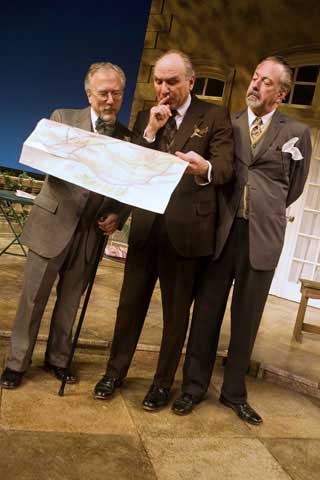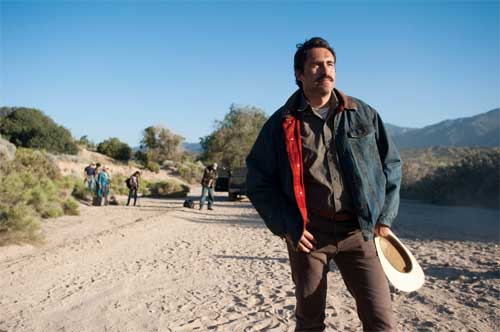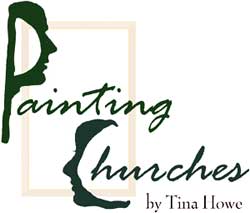Most agree the impetus for the environmental movement was a book written by Rachel Carson, Silent Spring, later made into a movie of the same title.
Rachel Carson
Silent Spring chronicles how a courageous woman took on the chemical industry and raised important questions about humankind’s impact on nature. It will be shown at the UU Fellowship’s Movies That Matter monthly series
Although their role will probably always be less celebrated than wars, marches, riots, or stormy political campaigns, it is books that have at times most powerfully influenced social change in American life. Rachel Carson’s Silent Spring, which in 1962 exposed the hazards of the pesticide DDT, eloquently questioned humanity’s faith in technological progress.
Carson, a renowned nature author and a former marine biologist with the U.S. Fish and Wildlife Service, was uniquely equipped to create so startling and inflammatory a book. A native of rural Pennsylvania, she had grown up with an enthusiasm for nature matched only by her love of writing and poetry. The educational brochures she wrote for the Fish and Wildlife Service, as well as her published books and magazine articles, were characterized by meticulous research and a poetic evocation of her subject.
Carson was well aware of the larger implications of her work. Appearing on a CBS documentary about Silent Spring shortly before her death from breast cancer in 1964, she remarked, “Man’s attitude toward nature is today critically important simply because we have now acquired a fateful power to alter and destroy nature. But man is a part of nature, and his war against nature is inevitably a war against himself. [We are] challenged as mankind has never been challenged before to prove our maturity and our mastery, not of nature, but of ourselves.”
The UU Fellowship is located at 10341 Hwy. 42, Ephraim. The monthly Movies That Matter Series is open to the public at no charge. The UU Fellowship gratefully acknowledges the loan of Silent Spring from the Door County Environmental Council.





